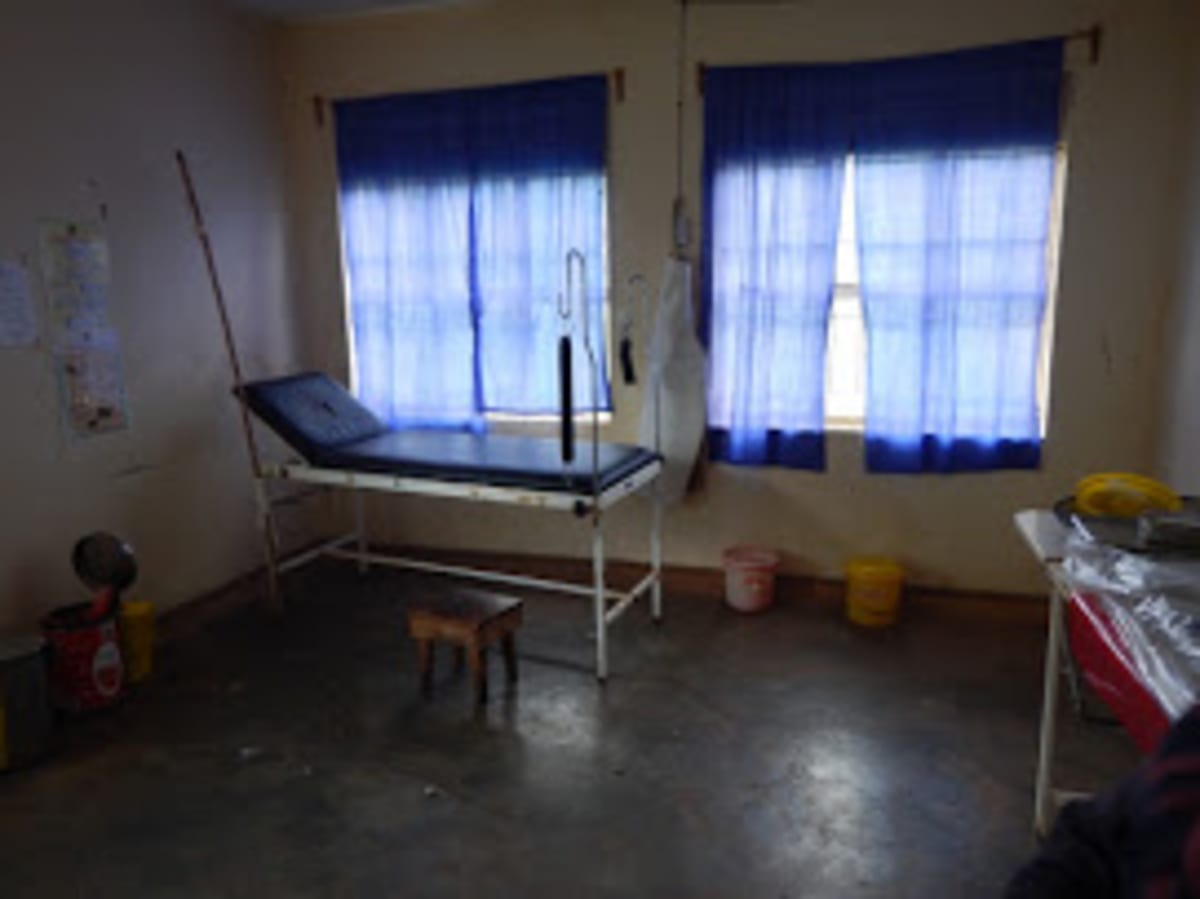I will be spending a month in Uganda working in Makerere University and Mulago Hospital in Kampala. I’m traveling and financing independently, but working with the organization Health Volunteers Overseas (HVO). HVO coordinates and supports trained clinicians practicing in the US who wish to travel to resource-scarce countries to help train local physicians and clinicians, with the goal of improving local access to quality health care in those countries in a sustained fashion.
The University trains residents, medical students, and nurse midwives. Mulago Hospital is a free public health facility where the doctors, nurses, and students train and work, and serves as the tertiary referral center in this poor, largely rural African nation. It is a very busy hospital with 31,000 births annually, a large ward of emergency gynecology, and a urogynecology program. Because of limited resources and personnel, as well as long travel distances for women coming from their distant homes already having problems with pregnancy or labor, the maternal and infant mortality rates are very high. My role will be to work at the hospital primarily to oversee and help teach trainees, and to deliver direct care when needed, as well as learn about challenges in health care delivery in Uganda.
I am a board certified OBGYN with nearly 30 years of experience, as well as fellowship training in complex pelvic surgery. My particular area of interest is vaginal surgery. Operating through the vagina is often an underutilized technique because it requires experience, but is critically important in that when done by an experienced surgeon it is cheaper, safer, and with faster patient recovery than alternate routes of gynecologic surgery. This makes it a valuable skill to learn in all health care settings, but in particular in the developing world. My role would be to help train local gynecologists in this important skill, so they can both use the skill as well as teach it to incoming trainees.
My secondary goal is to be a learner by spending time in the labor and delivery unit to better understand challenges of obstetric care in resource-limited areas, since obstetric care is a pervasive area of need throughout the developing world and in every circumstance, be it poverty, famine, or war. I can offer my surgical expertise to help in cases of obstetric emergencies requiring complicated surgical intervention, while at the same time become better informed about the delivery of obstetric care in the developing world, and leverage that knowledge in future endeavors.
I have recently semi-retired. I have always been interested in global health, and I believe this work is a way I can continue to contribute to society as I become professionally less active at home. However, volunteering is expensive. In addition to lost income, there is the cost of travel, room and board, and living expenses. I’m requesting the Dox Foundation funding because I hope to make global health work an ongoing option for me to pursue.








I was fortunate to travel to Uganda for a month this year to work as an educator in the Ugandan national health care system, teaching both in the classroom and on the wards. The goal of the program I worked with is to support sustainable development by training Ugandan health care providers.
My month in Uganda was a life-changing experience. I was happy to have had the opportunity to help in a small way with education of residents and students who will continue to live and work in Uganda, but also learned so much from them, and from the women of Uganda. I will no longer be able to see health care delivery specifically, or life in general, through the same lens.
I practice in a part of the United States where supplies are abundant, support is usually generous, and patients are for the most part healthy. It was quite startling to work where neonatal death is frequent and maternal death is not unusual. Practicing obstetrics in a system with very scarce resources, overwhelming numbers, and high rates of underlying disease is extremely challenging in ways that were hard for me to imagine, requiring resourcefulness from not only the medical practitioners, but also the women and families. It was not uncommon to have exhausted the supply of gloves in the hospital, have oxygen tanks run out without replacement, or not have necessary antibiotics available unless they can be purchased by the patient’s family in the neighborhood pharmacy. I feel honored to have had the opportunity to experience the realities of practicing medicine there, and hope it has made me a better physician and person.